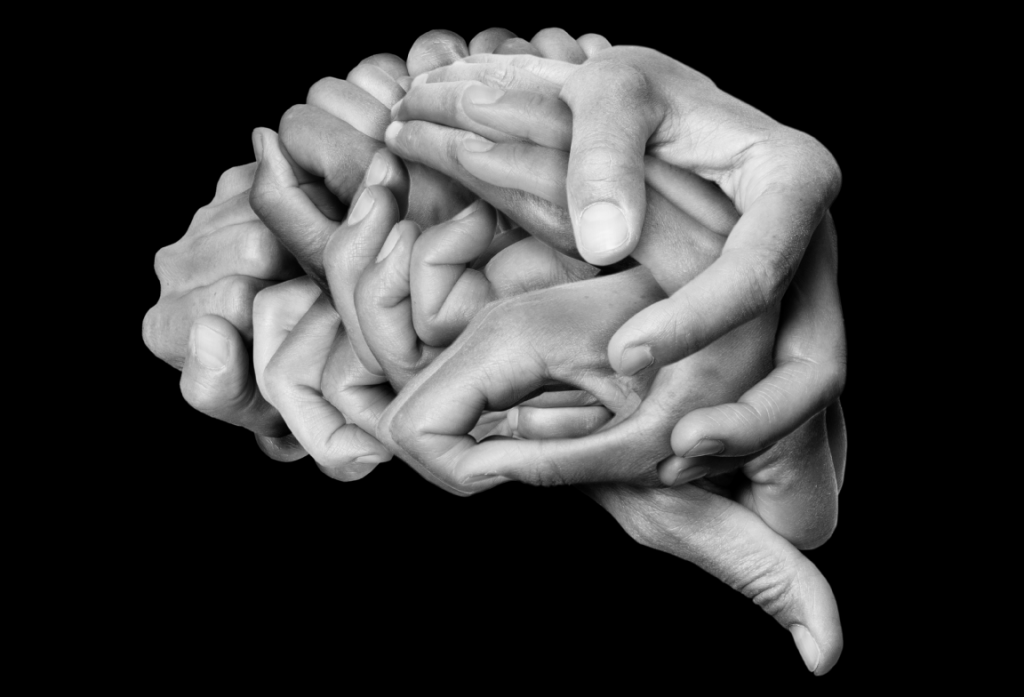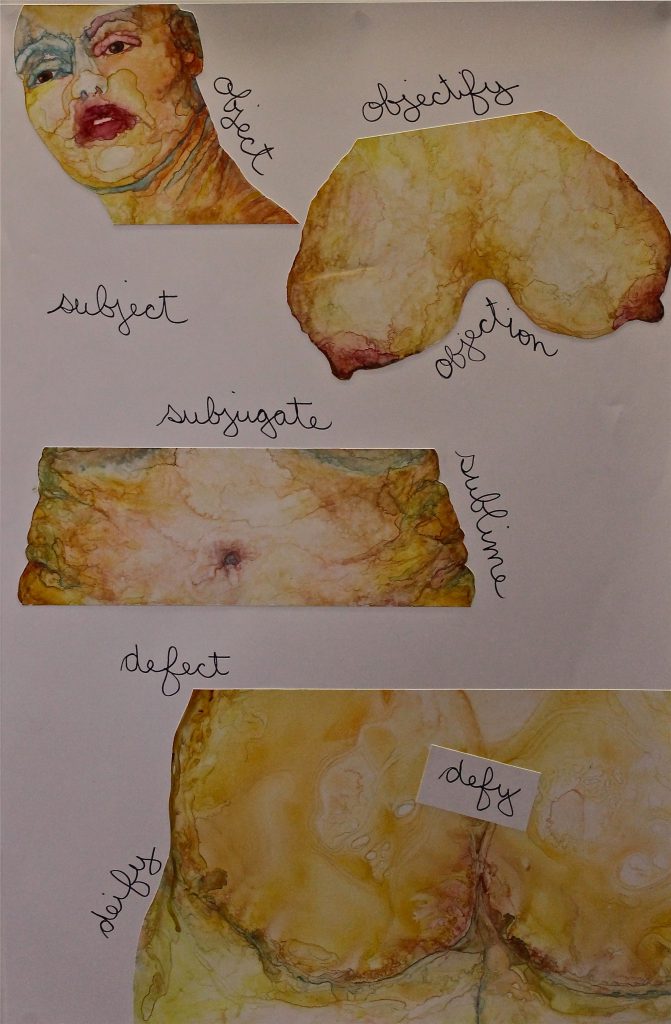Acceptance and change
I recently came across this passage from Carl Rogers’ On Becoming a Person. Rogers is considered one of the founders of the humanistic approach to psychology, whose ‘person-centered’ work has been highly influential in psychotherapy, counselling, and education. – Toby (ed.)
“I find I am more effective when I can listen acceptantly to myself, and can be myself. I feel that over the years I have learned to become more adequate in listening to myself; so that I know, somewhat more adequately than I used to, what I am feeling at any given moment – to be able to realize I am angry, or that I do feel rejecting toward this person; or that I am very full of warmth and affection for this individual; or that I am bored and uninterested in what is going on; or that I am eager to understand this individual or that I am anxious and fearful in my relationship to this person. All these diverse attitudes are feelings which I think I can listen to in myself. One way of putting this is that I feel that I have become more adequate in letting myself be what I am. It becomes easier for me to accept myself as a decidedly imperfect person, who by no means functions at all times the way in which I would like to function.
“This must seem to some like a very strange direction in which to move. It seems to me to have value because the curious paradox is that when I accept myself as I am, then I change. I believe that I have learned this from clients as well as within my own experience – that we cannot change, we cannot move away from what we are, until we accept what we are. Then change seems to come about almost unnoticed.”
From Carl Rogers, On Becoming a Person: A Therapist’s View of Psychotherapy, Houghton Mifflin 1961.






